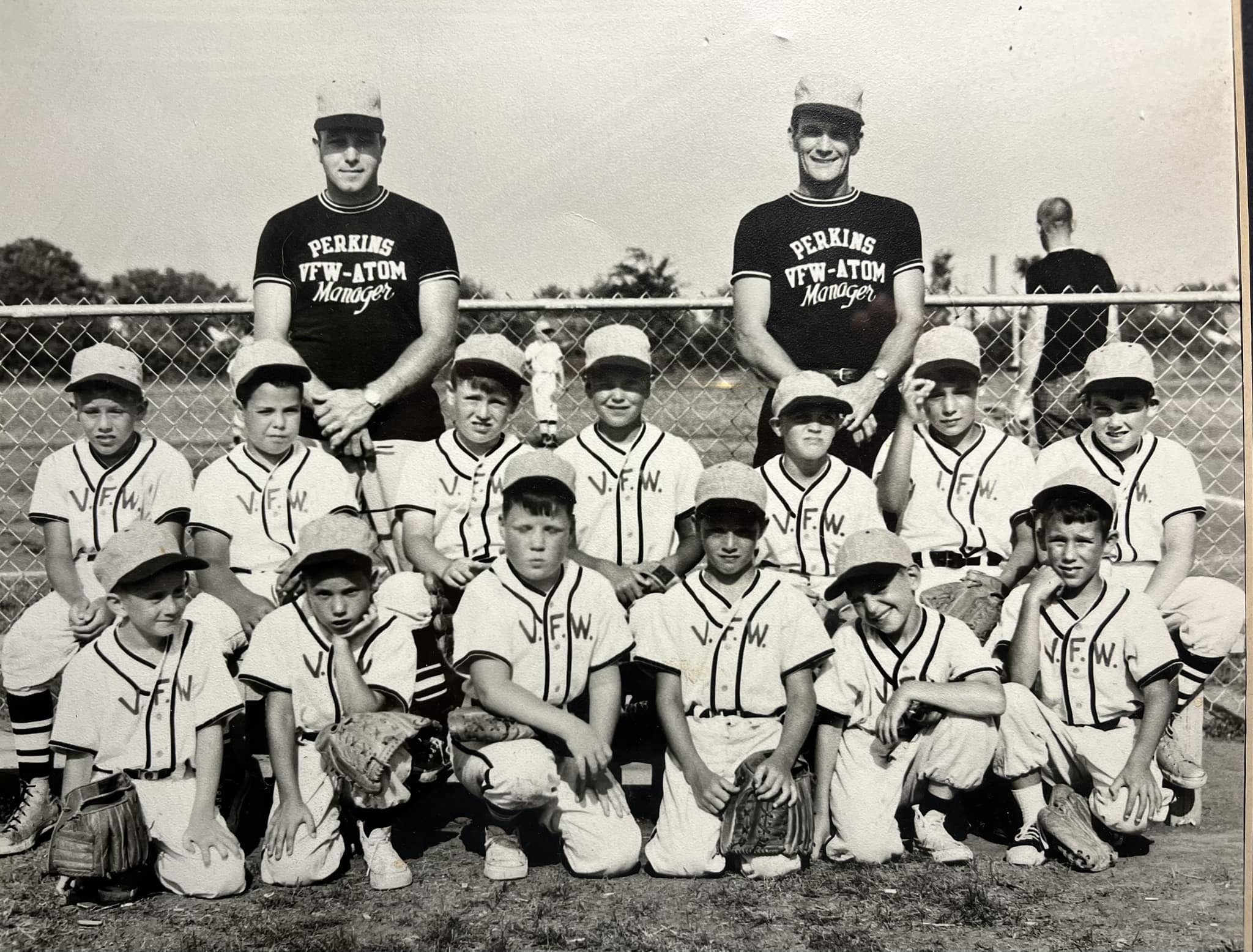The Four Stages of Competence
Understanding these Four Stages of Competence could save a-lot of frustration when you’re learning a new skill or trying to master a new subject. I was considering these four stages recently while teaching in our life coach certification class; encouraging the team to be patient with themselves while assimilating new information.
If you are presently trying to grasp a new concept, skill or subject, I hope you find this brief perusal helpful. Whether we are aware of it or not, we have all been through these stages of competence many times. From the blissfully ignorant stage of Unconscious Incompetence, we slog our way through the growth process until we become gracefully fluent in our new endeavor…Unconsciously Competent!
The four stages of competence, also known as the four stages of learning, is a model based on the premise that before a learning experience begins, learners are unaware of what or how much they know (unconscious incompetence), and as they learn, they move through four psychological states until they reach a stage of unconscious competence.
By understanding the model, developers and trainers can better identify learning needs and develop learning objectives based on where their student is in the four stages related to a given topic.
1. Unconscious Incompetence
You have no idea what you don’t know and you haven’t a clue where to begin; everything’s a blur. Nobody actually likes being in Stage One, understandably, because this is where Self Doubt likes to hang out. But pretending to be ready for more is futile.
One of the most helpful things in this stage, is to be aware, and admit, that you don’t know. It’s ok to admit you don’t know what you don’t know. We have to begin somewhere!
2. Conscious Incompetence
In Conscious Incompetence, you’re becoming aware that you’ve got some mind-shifting to do. You can see the flaws in your thinking, gaps in your knowledge pockets and in the underlying belief systems that leave you feeling inadequate and maybe “less than” the others in your field.
It’s in this stage that learning can begin.
3. Conscious Competence
You have moments where you feel like you’re in the zone, and you’ve got the mindset to prove it. You’re learning how to do new things, even though it may still take a lot of effort on your part. You can practically feel yourself growing up and feeling pretty awesome about it.
This stage is like, while learning to ride a bike, you have both hands on the handlebars, but feeling confident enough to take one hand off to wave at someone or pick your nose. You still have to concentrate but you are now having moments where you feel confident enough where you believe you could do it with your eyes closed!
4. Unconscious Competence
In Unconscious Competence, you have enough experience with the skill that you can perform it so easily you do it unconsciously. Now you take your hands OFF the handle bars and put them in the air!
Unconscious Competence is when you’re able to do something competently without even having to think about it. You rarely second-guess yourself in Stage Four. You’re also not afraid to try new things, even if that means going back to Stage One.
This model helps developers and trainers understand the emotional state of their learners. For example, a learner in Unconscious Incompetence will respond differently to training than a learner in Conscious Incompetence. If someone doesn’t know there’s a problem, he or she is less likely to engage in the solution. On the other hand, if someone is in Conscious Competence, he or she may just need additional practice rather than training.
Just remember, your goal isn’t to find a way to Stage Four and never leave, but to have the emotional intelligence and flexibly to know that the tide will ebb and flow and there will be times when you may even find yourself back in Stage One, which is likely to happen as you move through the mechanics of running a business or learning a new skill.
For more information:









